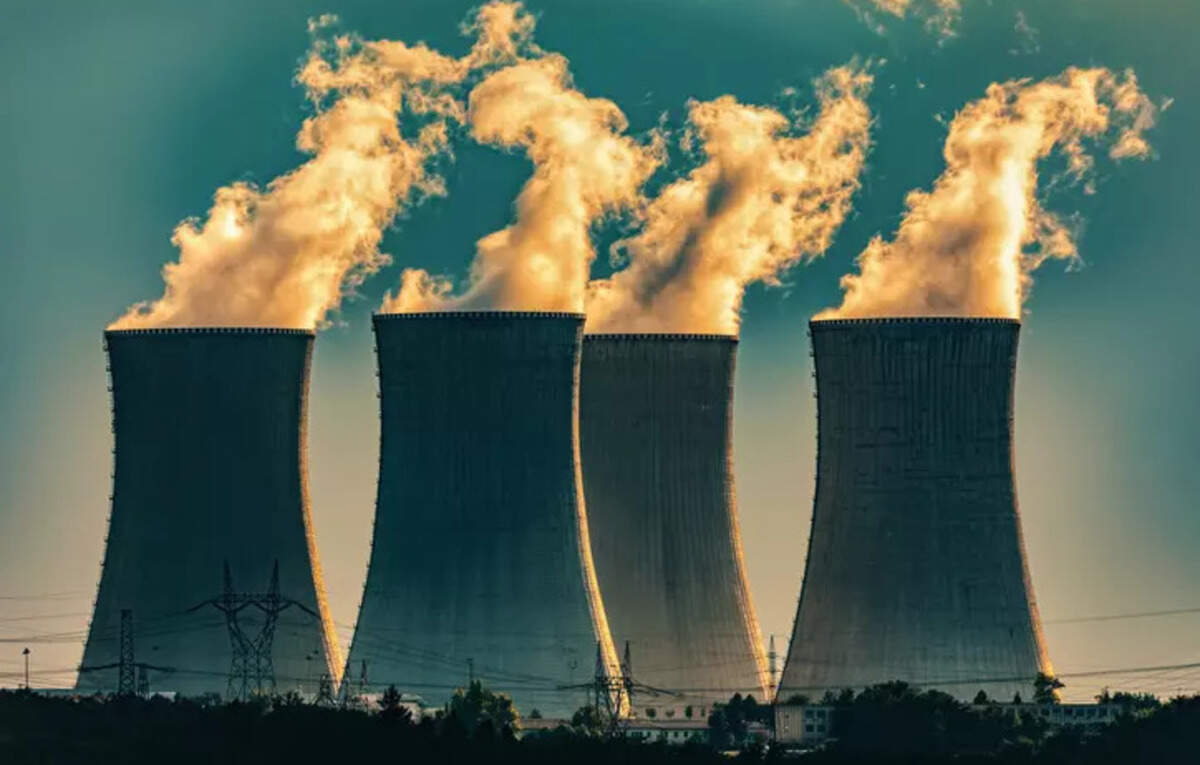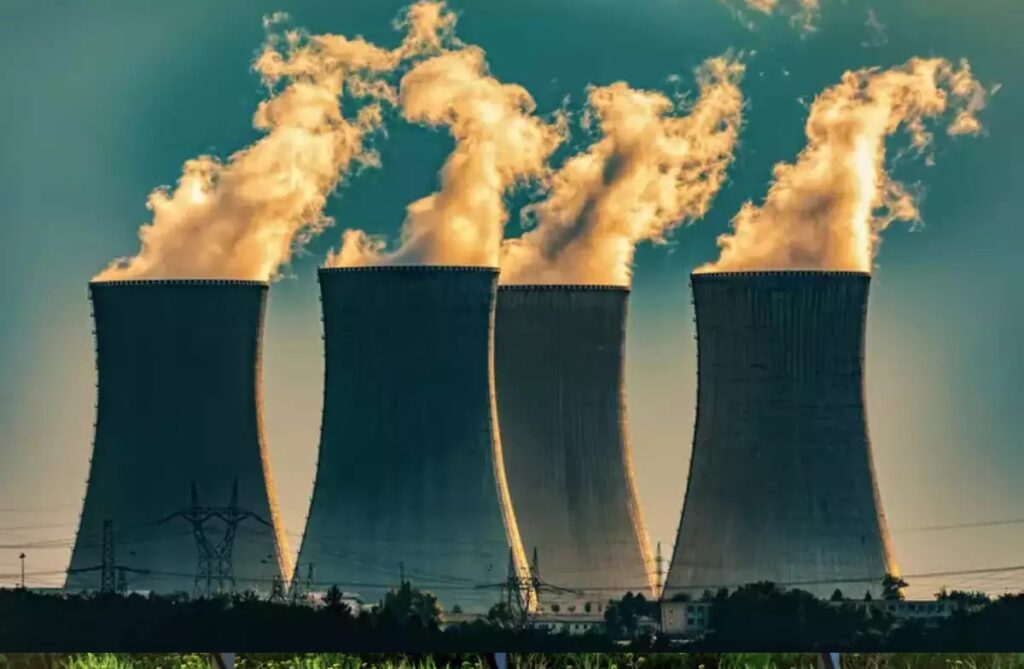
Introduction
Nuclear power has long been a topic of discussion, hailed by some as a clean and efficient solution to our energy needs while being criticized by others due to concerns over safety and environmental impact. In this article, we will delve into the world of nuclear power, exploring its benefits, risks, and the ongoing debate surrounding its use.
The Basics of Nuclear Power
Understanding Nuclear Reactions
Nuclear power is generated through controlled nuclear reactions, specifically nuclear fission. This process involves splitting the nucleus of an atom, releasing a significant amount of energy in the form of heat. This heat is then used to produce steam, which drives turbines connected to generators, ultimately producing electricity.
Low Greenhouse Gas Emissions
One of the significant advantages of nuclear energy is its low greenhouse gas emissions. Unlike fossil fuels, nuclear power does not produce carbon dioxide during operation, making it a crucial player in combating climate change.
Benefits of Nuclear Power
High Energy Output
Nuclear power plants provide a remarkable energy output. A small amount of nuclear fuel can generate a substantial amount of electricity, making it a highly efficient energy source.
Reliability and Consistency
Nuclear power plants operate continuously for extended periods, providing a stable and consistent energy supply. Unlike renewable sources like solar or wind, nuclear power is not dependent on weather conditions.
Reduction in Fossil Fuel Dependence
By shifting to nuclear energy, nations can reduce their reliance on fossil fuels, enhancing energy security and reducing the vulnerability to fuel price fluctuations.
Safety Concerns and Risks
Radioactive Waste Management
One of the most significant challenges of nuclear power is the management of radioactive waste. Proper disposal and containment are essential to prevent environmental contamination and long-term health risks.
Accidents and Disasters
The catastrophic incidents at Chernobyl and Fukushima highlighted the potential dangers of nuclear power. Ensuring strict safety protocols and disaster preparedness is crucial to prevent such incidents from occurring in the future.
The Ongoing Debate
Balancing Benefits and Risks
The debate over nuclear power centers on weighing its benefits against its risks. Proponents argue for its clean energy generation and potential to mitigate climate change, while opponents express concerns over safety, waste disposal, and the potential for nuclear weapons proliferation.
Technological Advancements
Advances in reactor design and safety measures are shaping the future of nuclear power. Fourth-generation reactors promise enhanced safety features and more efficient energy production.
Public Perception and Acceptance
Public perception plays a vital role in the future of nuclear energy. Building trust through transparent communication about safety measures and waste management is essential for wider acceptance.
Conclusion
In conclusion, nuclear power remains a topic of complex and dynamic discussions. Its potential to provide clean, reliable energy is undeniable, but the associated risks and challenges cannot be overlooked. Striking the right balance between harnessing its benefits and addressing its drawbacks is crucial as we strive for a sustainable energy future.

